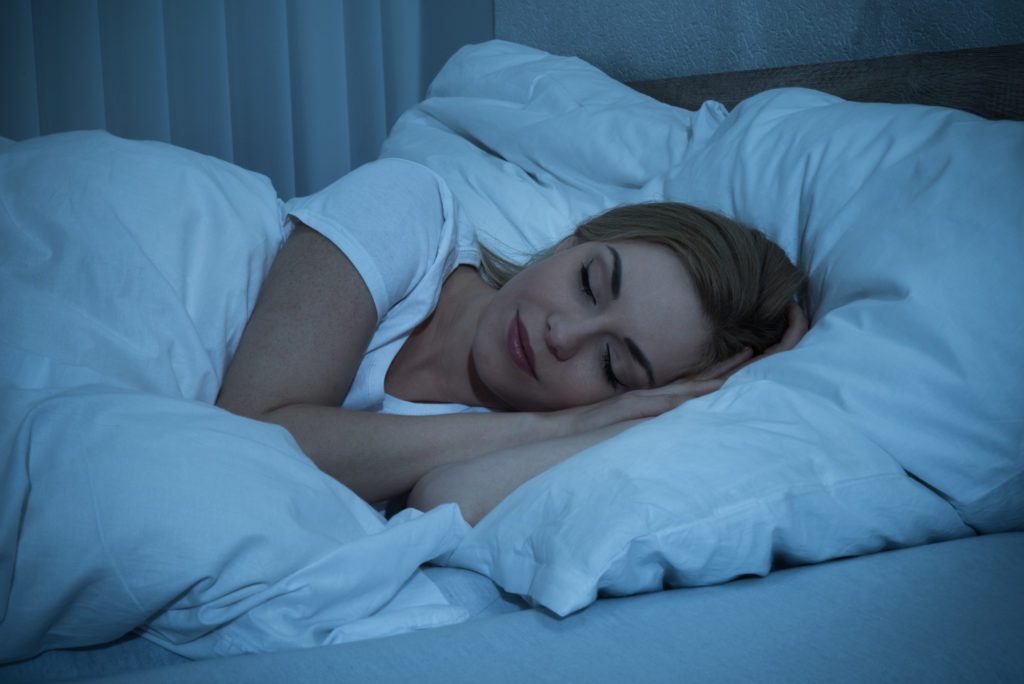
Sleep is one of the most important aspects of staying healthy. The brain uses sleep as a way to recharge and refresh itself each night. When you can’t get a full night’s rest it affects every aspect of your life.
Insomnia affects about 30 percent of the population and only gets more prevalent as you age. That’s a significant portion of the population that struggles with sleep.
To help you get the rest you need we’ve provided sleep tips for older adults to help you finally make those restless nights a thing of the past.
There are many causes of insomnia. Among the most prevalent are stress and anxiety. Stress can cause you to needlessly worry about aspects of your life, keeping you awake at night.
Anxiety can have a physical toll on your body. It causes your adrenal glands to create extra amounts of cortisol which targets your fight or flight instincts, causing you to stay awake.
Other influences like drinking right before bed can disrupt your sleep with the need to go to the bathroom in the middle of the night.
Stimulating activities before bed such as reading on your phone or computer can disrupt your sleep rhythm by signaling to your brain that it’s not time to sleep, due to the bright lights from these devices.
As you get older your need for sleep changes. Often people find it harder to fall asleep as they age, and tend to wake up earlier. Too much loss of sleep can affect your cognitive ability as you get older. When treated early these effects can be reduced and even reversed.
Your sleep patterns change as you age because your circadian rhythm becomes more susceptible and can be thrown out of whack much more easily. In addition, many older people don’t get enough exposure to sunlight, which is a large factor in your brain as it keeps track of when it is time to sleep.
There are also age-related sleep disorders that can disrupt your sleep pattern, like sleep apnea which affects your breathing and can often leave you feeling more tired upon waking. Furthermore, your hormones may be out of balance which can contribute to restless nights.
Maintaining a healthy lifestyle and diet are often some of the first things to look at. Ensuring that you’re eating well-balanced meals and exercising often can help your body know when it needs to sleep.
Make sure that you aren’t eating large meals, drinking, or exercising right before you plan on going to bed since this can be stimulating.
Going to bed every day at the same time can help your body establish a routine and make it easier for you to sleep at night.
It’s important to wind yourself down as the evening sets in. After dinner, it can be helpful to soften the lighting, and enjoy relaxing activities. This can help not only reduce stress and anxiety but also makes it clear to your brain that it’s almost time to sleep.
Often sleep aids can be used to break the cycle of insomnia and provide you with the relief you need for a restful night. Nighttime sleep aids include many that can be found over the counter like melatonin, diphenhydramine, and valerian.
Sleep aids can be used in conjunction with other good sleep habits to reinforce a sleeping routine. Not all sleep aids are for everyone, and depending on your needs, you should talk to your doctor who can help find one that is right for you.
Remember, your sleep patterns change as you get older. Following sleep tips for older adults can help you find what works best to get you back to sleeping peacefully.
Sleep aids are useful for establishing a new sleep routine, or when anxiety and stress are keeping you awake at night.
We at Jet-Asleep have your back when it comes to sleep! Feel free to reach out if you have any questions.
Click here for more articles like this and other sleep-related posts!


